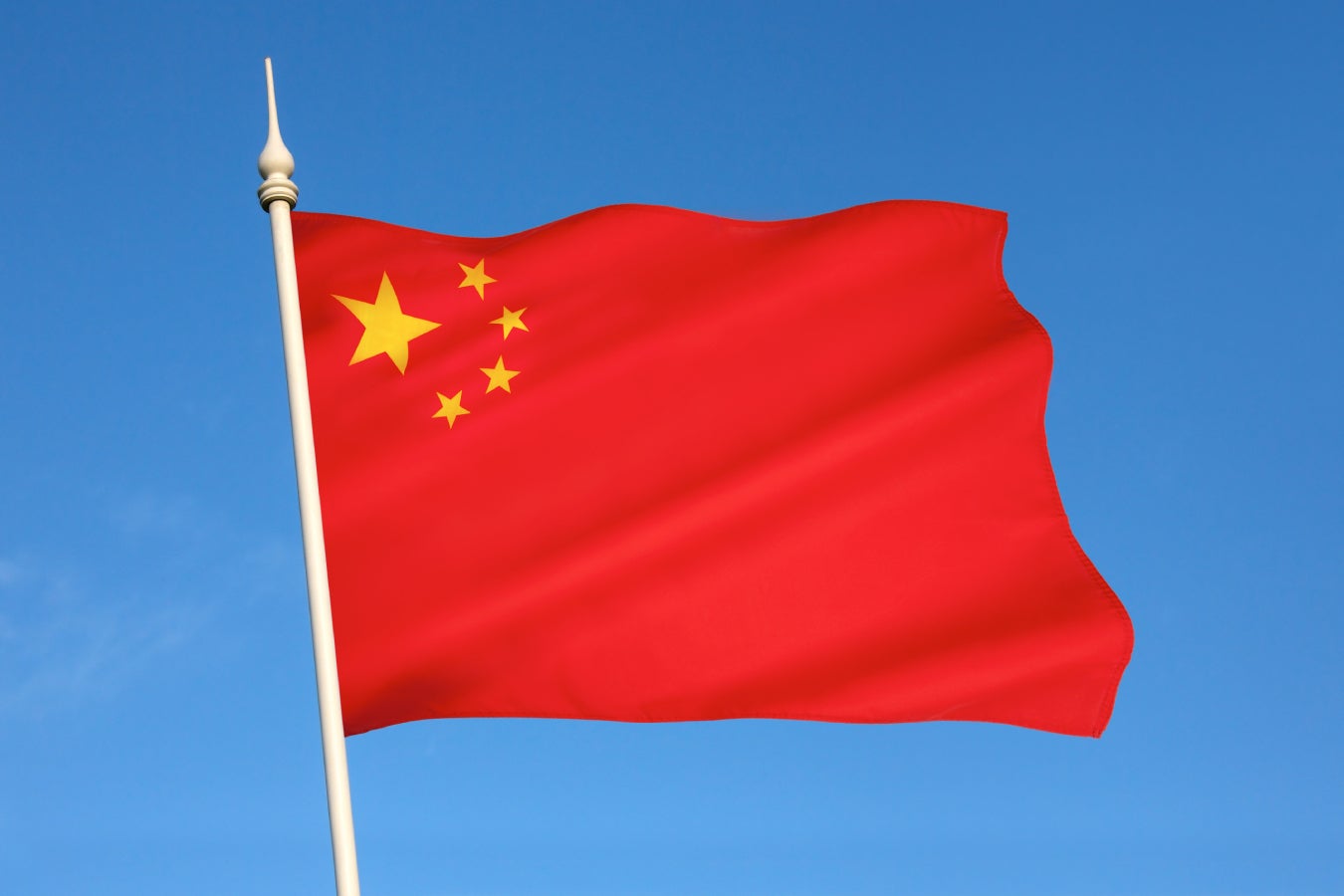
Huawei is nipping at the heels of NVIDIA with its new advanced artificial intelligence processor, the Ascend 910D. The product is expected to rival the US chipmaker’s H100, which has been banned from sale in China since October 2023.
The Chinese hardware giant is preparing to ship samples of Ascend 910D to tech companies in late May, sources told The Wall Street Journal. The AI chip will be tested for technical feasibility before being released to customers. The sources added that Huawei hopes this latest iteration of Ascend chips will be even more powerful than the H100.
NVIDIA designed H100 to bypass the first set of chip-related export controls on the sale of semiconductors to China from the US, enabling it to maintain customers in the country. However, when a second set was released the following year, the loopholes it exploited were closed, and it was forced to cease all sales of H100 to China. The restrictions greatly impacted NVIDIA’s earnings, with China accounting for just 17% of its revenue in 2024, marking a 9% drop since 2022, according to MarketWatch.
US tariffs accelerated China’s shift towards domestic chips
China and the US have continued to implement tit-for-tat export restrictions on semiconductors and related components since 2024. US President Donald Trump’s announcement of reciprocal tariffs on all countries with which the US maintains a trade deficit marked an additional, unexpected blow to the chip market.
The tariffs are expected to further disrupt semiconductor trade with China by raising NVIDIA’s operational costs, which it may ultimately pass on to consumers. This could push Chinese buyers towards domestic alternatives, such as 910D or its previous iterations.
Electronic products are currently exempt from the 10% global baseline tariff and larger reciprocal tariffs imposed on countries with which the US has a trade deficit. Nevertheless, Trump has stated that these exemptions are temporary and that a bespoke semiconductor tariff will be enforced in the “very near future.”
Huawei is gearing up to absorb NVIDIA’s Chinese customers
Huawei intends to deliver over 800,000 Ascend 910B and 910C chips this year to customers like TikTok parent ByteDance and state-owned telecoms, according to the WSJ. Some companies have even requested to boost their 910C orders in response to the US’s new restrictions on sales of NVIDIA’s H20 chip.
The H20 was another China-specific chip designed by NVIDIA to avoid the 2022 export controls. On April 9, the company was informed that it would need a license to sell H20 and equivalent chips to China. They had been growing in popularity to support deploying DeepSeek’s efficient AI models, and NVIDIA estimated the license requirement could cost the company $5.5 billion.
Just as Huawei is now advancing the Ascend 910D to offer an alternative to NVIDIA’s H100, it has accelerated preparations for the release of the Ascend 920 following the announcement of H20 restrictions.
The US is keen to maintain its sovereignty in AI by blocking China from accessing NVIDIA’s state-of-the-art hardware, which is crucial for running advanced models. In addition to financial motivations, the US has also raised concerns about China developing AI for military purposes.

